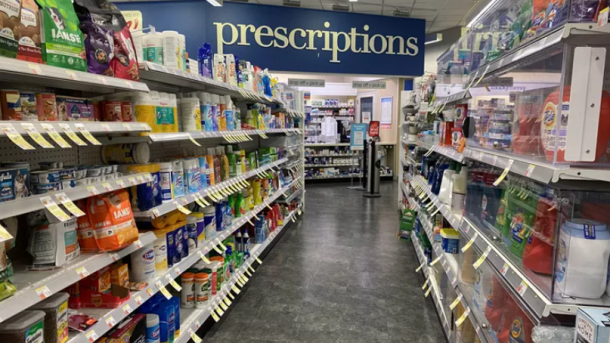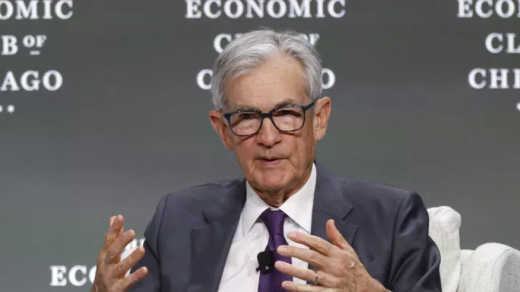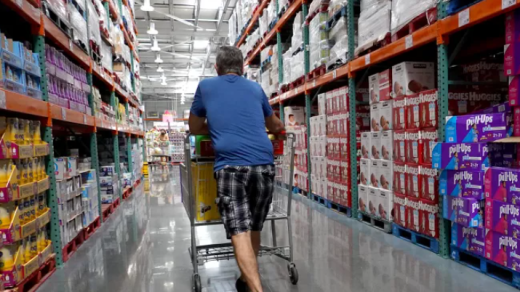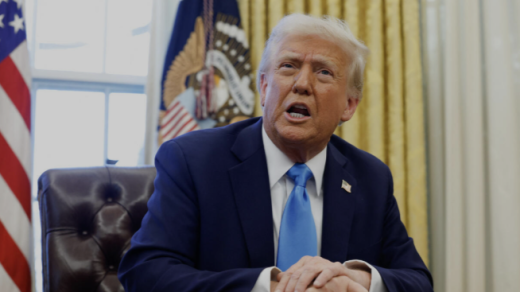Price Increases Due to Tariffs: As businesses grapple with the impact of tariffs, price increases have become a crucial strategy to maintain profitability. The first-quarter earnings season has brought attention to how companies are dealing with rising import taxes. For many, raising prices is an inevitable response, although some worry that such actions could lead to customer loss.
Several large companies have announced price hikes to offset the added costs from tariffs. Procter & Gamble, known for its household products like Tide and Charmin, and luxury brand Hermès, both plan to increase prices in the coming months. These increases, while necessary to counterbalance tariff impacts, could cause ripple effects in consumer purchasing behavior.
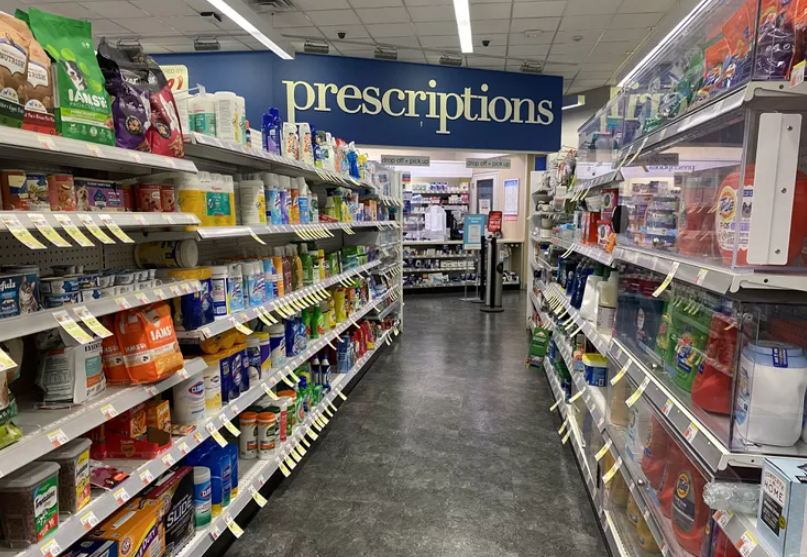
Price Increases Due to Tariffs: Balancing Costs and Consumer Loyalty
For companies like Hasbro, which imports toys from China, the rise in tariffs is expected to reduce profits by hundreds of millions of dollars this year. Hasbro’s CEO, Chris Cocks, emphasized that while price increases are unavoidable, they must be carefully managed to avoid alienating customers. The company remains committed to maintaining key price points, such as $9.99 and $19.99, to remain competitive in a market where customers are sensitive to price changes.
However, not all companies are opting for price hikes. Kimberly-Clark, the parent company of Huggies and Kleenex, is exploring alternatives to absorb the financial impact of tariffs. CEO Michael Hsu mentioned that local competitors may be able to offer lower prices due to their more localized supply chains, so raising prices could hurt Kimberly-Clark’s position in the market. Instead, the company is looking at supply chain adjustments to mitigate the $300 million annual hit from tariffs.
Price Increases Due to Tariffs: Global Manufacturing Shifts
With trade policies still uncertain, some businesses are opting to shift their production locations to reduce tariff impacts. Hyundai, for example, is planning to move production of certain vehicles from Mexico to Alabama. This strategic move will help them avoid tariffs imposed on vehicles imported from Mexico into the U.S. Similarly, Lakeland Industries, a manufacturer of protective gear, is considering a similar strategy to mitigate tariff-related price hikes.
While some companies are taking immediate action, others, like Flexsteel Industries, are waiting for more clarity on U.S. trade policies before making drastic changes. Flexsteel is closely monitoring the evolving tariff situation and evaluating supply chain options that will allow them to adjust quickly once trade policies become clearer.
Source: www.investopedia.com
